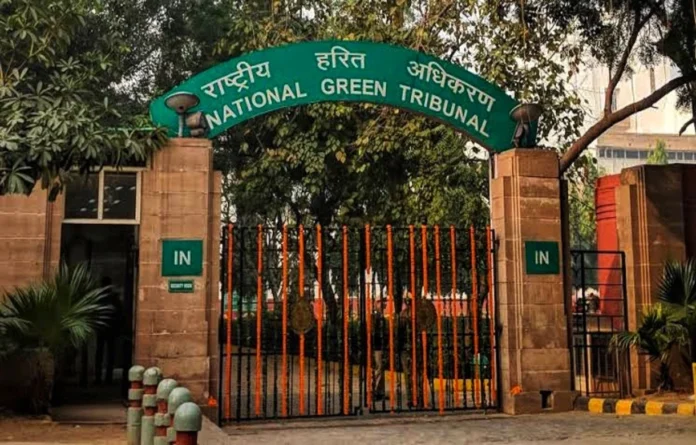The National Green Tribunal (NGT) heard an original application registered suo motu on the basis of the news article highlighting arsenic contamination in rice, which is a staple for millions of people worldwide.
The NGT has impleaded the Ministry of Agriculture and Farmers Welfare, the Central Pollution Control Board, and the Indian Council of Agricultural Research (ICAR) as respondents in the matter.
The ICAR has suggested several remedial measures to minimize the effect of arsenic in soil-plant systems, including
“a) Boro Rice requiring more groundwater should be replaced with other suitable and less water demanding crops.
b) Growing of relatively arsenic tolerant rice varieties Muktashri(IET 21845), IET 1444, Gotrabhog, Nayanmoni and Shatabdi.
c) Direct seeded rice using drum seeder and seed drill with reduced ground water use
d) Preference to growing non-edible and leguminous crops during dry season in the hotspot areas
e) Biochar application: Biochar has been reported to reduce the Arsenic availability and bioaccumulation in rice grains. Biochar has also been reported to improve soil fertility and mitigate methane (CH4) emissions from rice cultivation.
f) Agronomical interventions: Application of silicate fertilizers, silica- rich rice husk, and management of irrigation water have been found to reduce the availability of arsenic to rice grain.
g) Storing of arsenic contaminated groundwater in ponds and subsequent dilution with rainwater. Also conjunctive use of ground and surface water to dilute the arsenic content.
h) Promote recharge of groundwater with rainwater free of arsenic i) Increased use of FYM and other manures + green manure crops
j) Cost-effective phytoremediation employing hyper-accumulating plant/microbial spp like brake fern(Pteris vittata), water hyacinth(Eichornia crassipes), blue green alage (BGA), Croton sparsiflora etc.) hold promise in detoxification of arsenic from soils and aquatic systems.”
The Principal Bench, comprising Justice Prakash Shrivastava, Chairperson, and Dr A. Senthil Vel, Expert Member, has directed the respondents to file their replies within four weeks.
The matter has been listed for further hearing on April 15, 2025.


